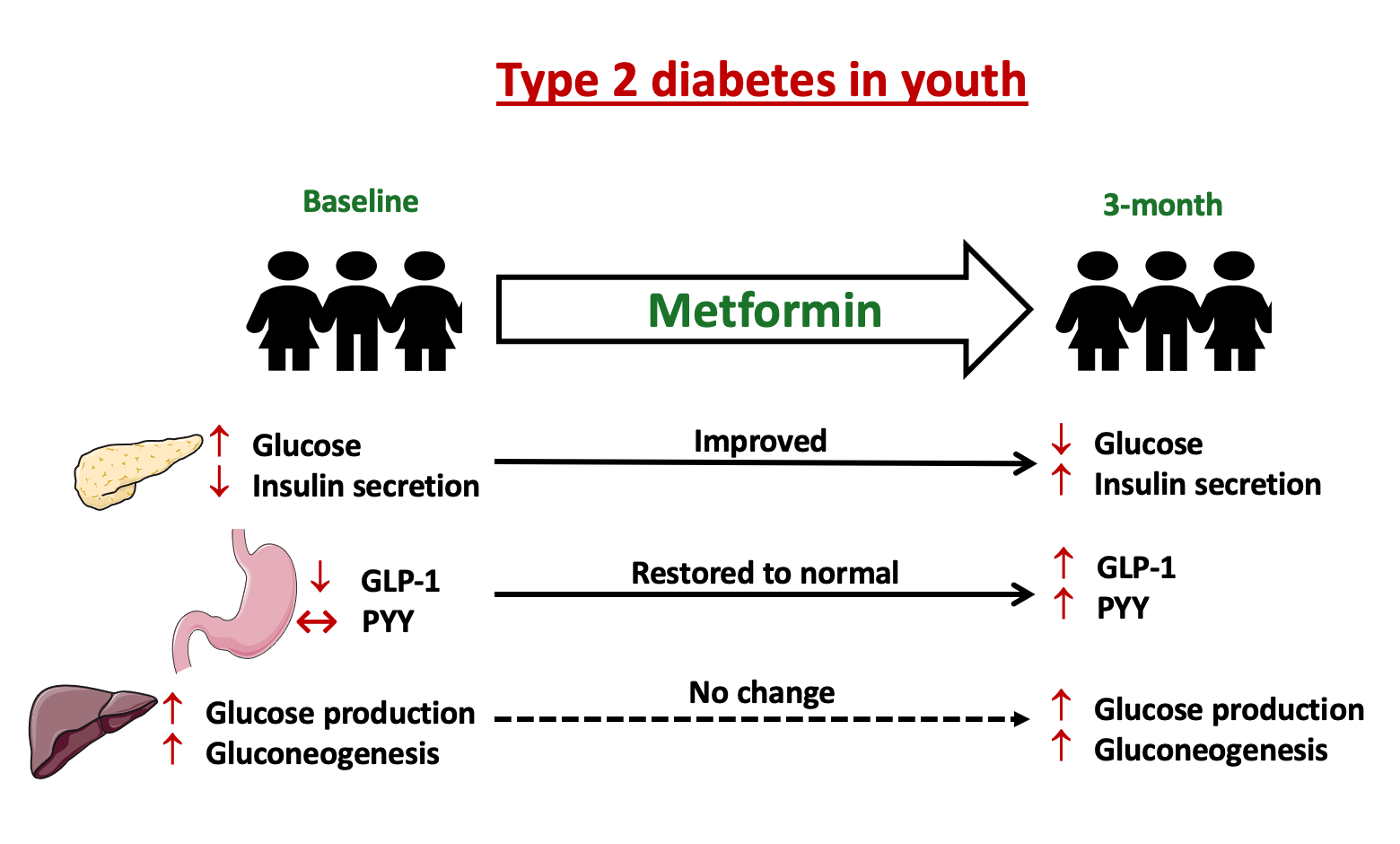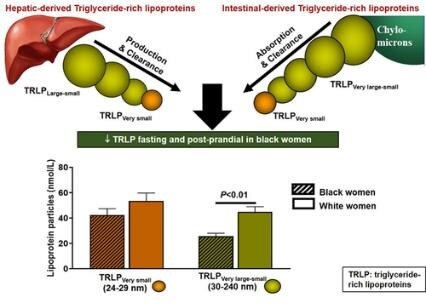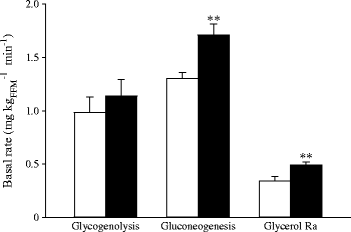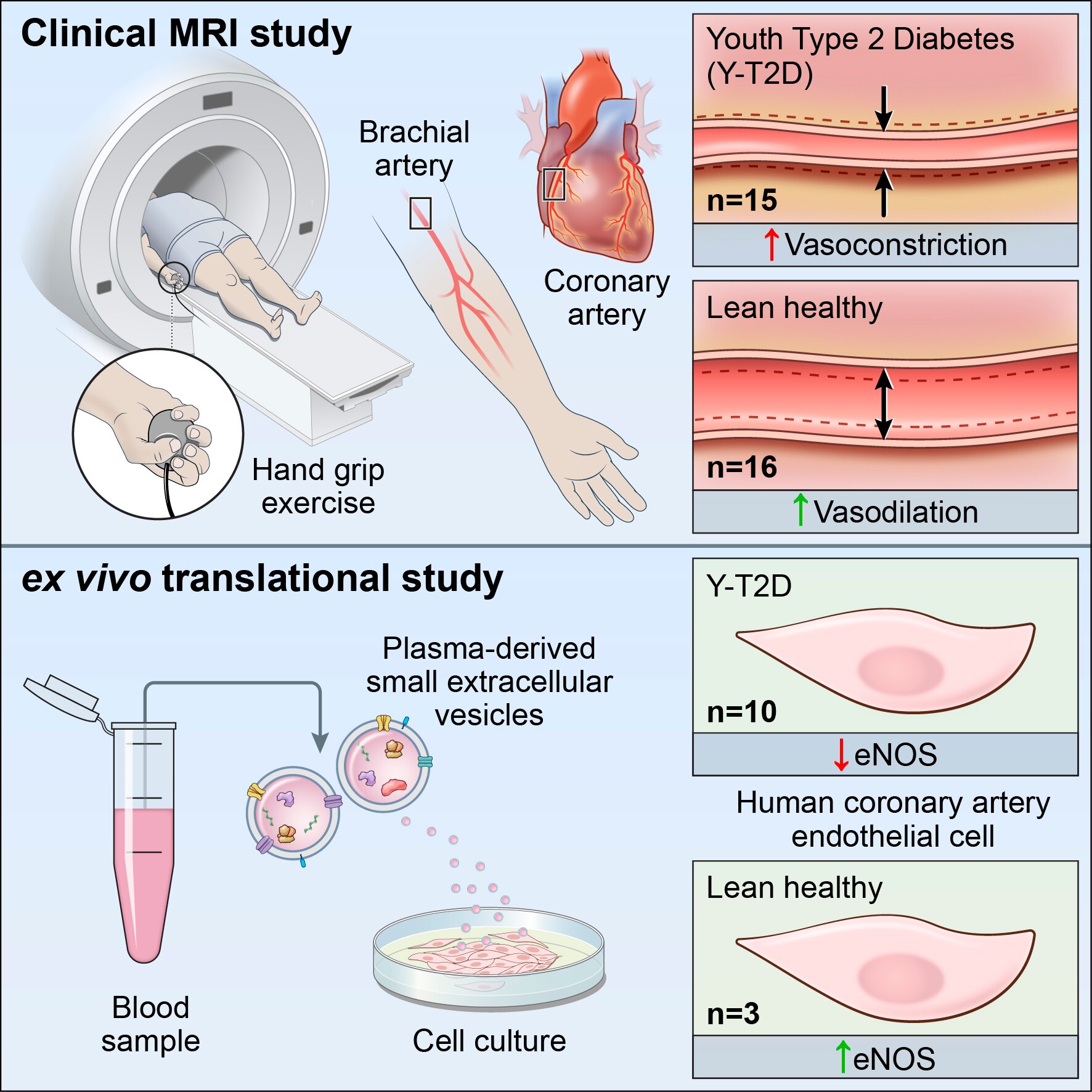About Our Research
The Section on Pediatric Diabetes, Obesity, and Metabolism conducts metabolic clinical trials to understand the complex association of biological, social, and environmental factors in the pathogenesis of pediatric diabetes, obesity, and metabolism. Research projects focus improving care for youth with type 2 diabetes and screening and prevention of type 2 diabetes in youth and young adults. Understanding the contributions of hepatic glucose and lipid metabolism to the pathogenesis and treatment response in youth and young-onset type 2 diabetes are core research themes. Dietary studies help to identify the complex relationship of nutrients, circadian rhythm, and diabetes risk. These nutrient-focused studies will help to inform prevention and treatment strategies.
Research Focused on Health Disparities
Type 2 diabetes is a leading cause of death and disability worldwide, especially in underrepresented and vulnerable groups. The transgenerational cycle of diabetes and the epidemic of childhood obesity are among the most important factors for type 2 diabetes development and contribute to health disparities especially in youth and young adults. Moreover, treatments for type 2 diabetes in youth are few and response to metformin, the first-line agent in youth, is highly variable and insufficient in up to 50% of youth within 2 years of diagnosis. Our current projects investigate factors that may promote health disparities including socio-ecological markers of metformin treatment failure and higher risk for heart disease in youth-onset type 2 diabetes. We aim to develop innovative strategies and therapies to treat youth with type 2 diabetes. Our long-term goals are to reduce diabetes-related health disparities across the lifespan by improving primary prevention of cardiometabolic disease. Specific interests include developing population-specific risk stratification paradigms and novel pharmacologic and pharmacogenetic targets in youth and young adults.
Research Images






